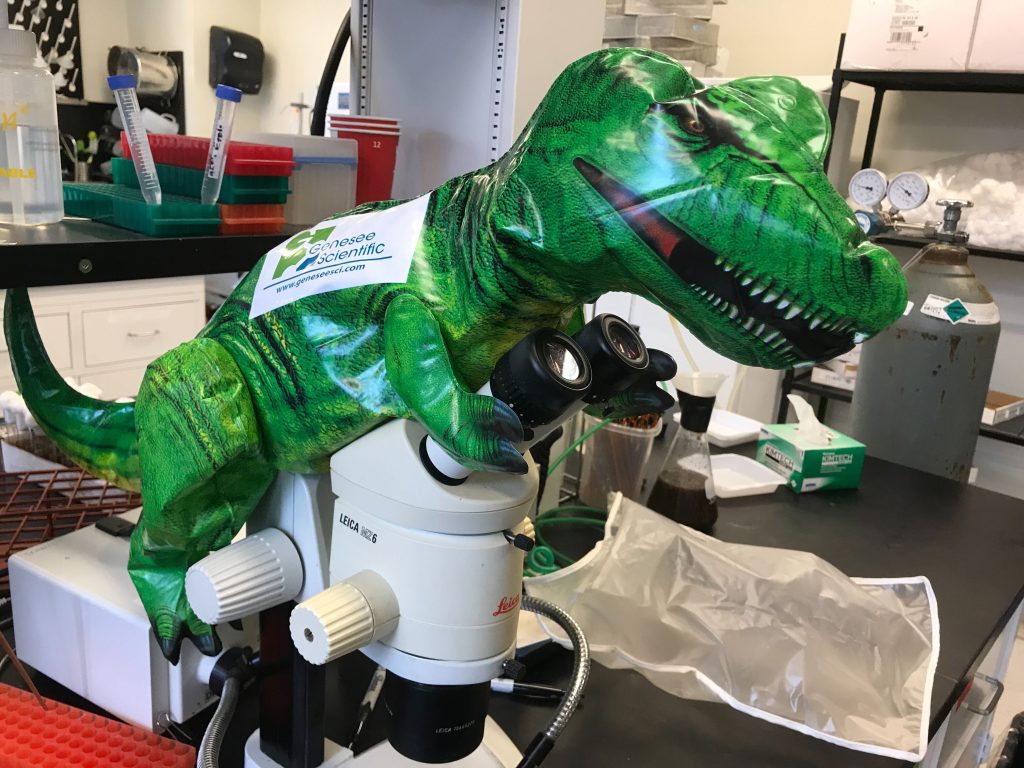Winson Liu, COL ’25, Philadelphia, PA

“What does the fruit fly matter?” I’ve been asked this question who-knows how many times this past summer by friends. One such reason the fruit fly matters is because they allow for scientists to observe evolution at a scale we could only wish for mammals. They’re organisms that have short lifespans and large reproductive rates which lead to short times between generations. We treat the flies like king in our lab.
In my lab, I’ve discovered the environment of research isn’t serially tense. Coworkers are friends willing to stay behind to help others with their own projects. My first personal project involves UV exposure linked to fly lifespan, and it’s one that requires daily attendance. I’m unable to maintain daily attendance which is covered by coworkers—a very “scratch my back and I’ll scratch yours” environment.
The Schmidt genetics lab, using the model organism drosophila melanogaster (fruit fly or vinegar fly), explores the vast pleiotropic dynamics of abdominal pigmentation on other selection phenotypes such as fecundity (reproductive rate), lifespan, thermal tolerance, and lots more. It’s surprisingly an under-researched topic because biologists are typically huge nerds that have their fingers sticky in everything. I’m guilty too. However, the Schmidt lab is able to differentiate itself by our studies of rapid evolution. In coming years with climate change being on the forefront of global issues, our research on rapid evolution becomes more important. In our lab, fruit flies are observed and completely understood before we release them into a controlled field (the Orchard) that simulates a typical outside environment in Philadelphia. We maintain this orchard with fruit flies of different genotypes into the fall. After the summer, we’d like to observe any changes in the flies especially pertaining to their pigment and selection phenotypes. The orchard is an extensive project and really gets people outside, which is great for outdoors people. It’s not too great during a heatwave though.
So, to sum up my summer experience, it’s been very fulfilling for the first time working in a lab environment. The people are nice, and the work is nice. It’s sometimes tedious, but some things can’t be avoided to get the results you need. The people in my lab have helped me create career goals which means I finally know what direction I want in life! Also, it’s a food lab. Not that we do research on food science, but we eat a lot of food… if that floats your boat.
This is part of a series of posts by recipients of the 2022 Career Services Summer Funding Grant. We’ve asked funding recipients to reflect on their summer experiences and talk about the industries in which they spent their summer. You can read the entire series here.




